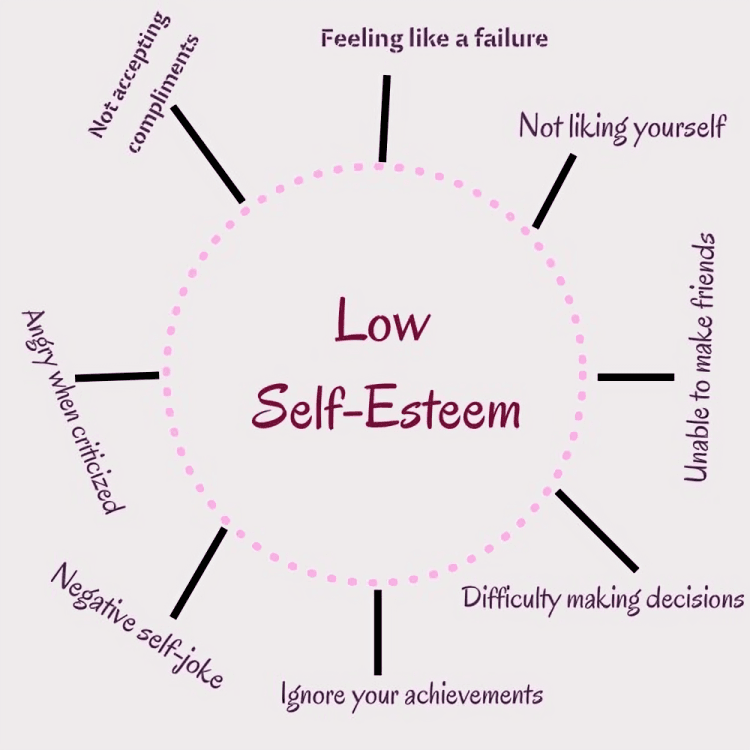
“
Overworking and mental health are closely linked, with excessive work leading to stress, burnout, and anxiety. Recognizing the impact of overworking on mental health is vital to maintaining balance, reducing risk, and enhancing overall well-being.1
1
”
Excessive working hours have been linked to an increased risk of mental health disorders, including anxiety and depression, as prolonged stress can disrupt emotional regulation and cognitive function.1
Overworking often leads to chronic fatigue, impairing concentration and decision-making abilities, which can decrease productivity and increase the likelihood of errors in the workplace.2
Overworking can lead to burnout, a state of emotional exhaustion and detachment. It decreases motivation, causes mental drain, and reduces a person's sense of accomplishment. 3

Extended work hours interfere with sleep, leading to insomnia or poor-quality rest. This worsens stress levels, hampers cognitive abilities, and affects emotional regulation, creating a cycle of deteriorating mental health.
The strain of overworking often harms personal relationships. With little time for family or friends, feelings of isolation and loneliness increase, further contributing to mental health issues like anxiety.4
A constant fear of job loss can lead to overworking in an attempt to secure one's position. However, this constant pressure can create anxiety and negatively impact mental health, despite the extra effort.5
Without a proper work-life balance, overworking leads to dissatisfaction. The lack of time for personal pursuits or relaxation diminishes overall well-being and exacerbates mental health problems like stress and depression.6
People who overwork may turn to unhealthy coping mechanisms such as alcohol or junk food to deal with stress. These habits can worsen both physical and mental health, creating a deeper cycle of distress.7

Overwork, fueled by constant connectivity via technology, prevents individuals from fully disconnecting from work. This constant stress harms mental health by preventing relaxation and downtime.
Overworking can cause cognitive overload, impairing concentration and decision-making. As mental energy is drained, individuals struggle to manage tasks and responsibilities effectively, impacting their performance.8
The lack of rest caused by overworking hampers the brain’s ability to process emotions and recover from stress. This reduces mental resilience, making it more difficult to cope with everyday pressures.9
Overworking may lead to a diminished sense of purpose, as individuals neglect personal goals and values in favor of work. This can cause feelings of emptiness and dissatisfaction with life. 10
Constant pressure to meet unrealistic expectations creates chronic stress, which is a major factor in mental health disorders like anxiety and depression. Over time, this strain seriously impacts emotional stability. 11

Overworking can harm self-esteem. Constantly feeling inadequate when meeting demands can cause self-doubt, reduce confidence, and lead to persistent feelings of insecurity.
Without time for self-care, overworking can lead to resentment and dissatisfaction. Sacrificing personal needs for work causes frustration, stress, and further mental health decline. 12
Perfectionism fueled by overworking can lead to unattainable expectations, causing chronic stress. The inability to meet these standards worsens mental health, leading to frustration and feelings of failure.13
Overworking can impair emotional regulation, leading to mood swings and irritability. Mental exhaustion from overwork makes it difficult to handle stress or maintain balanced emotions. 14
Overworking can isolate individuals from their social support networks. As work consumes their time, loneliness sets in, contributing to anxiety, depression, and further mental health deterioration. 15
Lack of recognition for overwork can lead to job dissatisfaction. When individuals feel their efforts go unnoticed, mental health suffers, contributing to burnout and emotional exhaustion. 16
Overworking can lead to feelings of helplessness due to a lack of control over workload. The constant pressure erodes autonomy and increases stress, leading to mental fatigue and dissatisfaction.17


